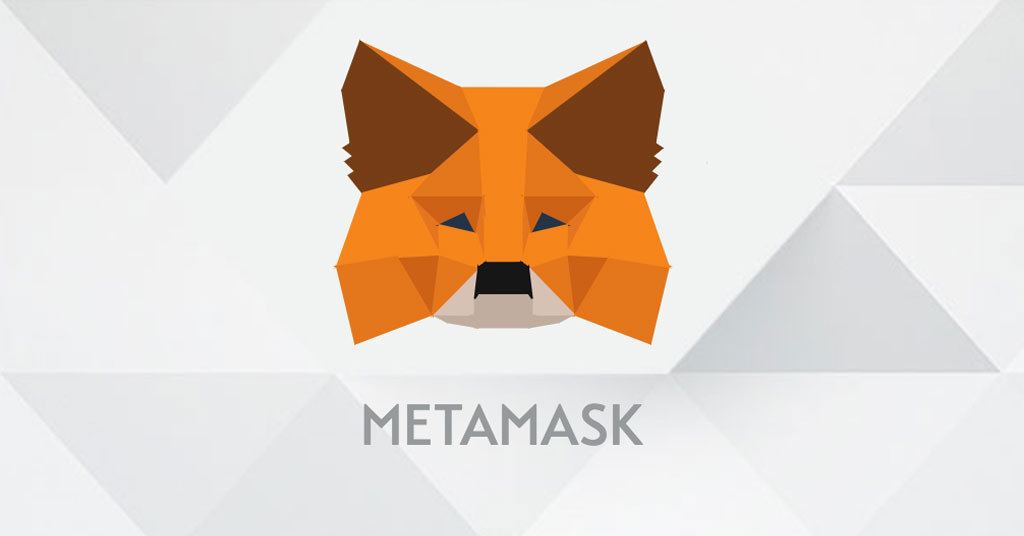As digital currencies continue to revolutionize the financial landscape, crypto wallets have become essential tools for anyone involved in the world of cryptocurrency metamask extension. Whether you’re holding Bitcoin, Ethereum, or any other altcoin, having a secure and reliable wallet is crucial for managing your assets. In this article, we’ll explore what crypto wallets are, the different types, how they work, and how to choose the right one for your needs.
What is a Crypto Wallet?
A cryptocurrency wallet is a digital tool that allows users to store and manage their cryptocurrency holdings. It doesn’t actually store the coins themselves—instead, it stores the public and private keys needed to access and manage your crypto on the blockchain. Think of it as a digital interface between you and the decentralized networks that manage your assets.
To break it down:
- Public Key: This is like your bank account number, a unique identifier that lets others send crypto to your wallet.
- Private Key: This is the equivalent of your password. It allows you to sign transactions and access your funds. Keeping this key safe is paramount because if someone gains access to it, they can take your cryptocurrency.
Types of Crypto Wallets
There are two main categories of crypto wallets: Hot wallets and Cold wallets.
1. Hot Wallets Hot wallets are connected to the internet and are more convenient for everyday use. They are ideal for people who actively trade or need quick access to their crypto. However, because they are online, they can be more vulnerable to hacks and cyber-attacks.
- Software Wallets: These are applications or programs you can install on your computer or smartphone. Examples include MetaMask, Exodus, and Trust Wallet.
- Web Wallets: These wallets are hosted in your browser or on a website, such as those offered by exchanges like Coinbase or Binance. They are highly accessible but come with potential security risks.
2. Cold Wallets Cold wallets are offline storage solutions and are considered the most secure way to store your crypto for long periods. They are ideal for people who don’t need frequent access to their holdings and prioritize security.
- Hardware Wallets: These are physical devices, like USB sticks, that store your private keys offline. Popular hardware wallets include Ledger Nano X and Trezor.
- Paper Wallets: This is a more rudimentary solution, where you print your private and public keys on a piece of paper. While secure from hacking, paper wallets are prone to physical damage or loss.
How Do Crypto Wallets Work?
Crypto wallets function through the use of private and public keys, enabling secure transactions on the blockchain. When you want to send cryptocurrency to someone, you use your private key to “sign” the transaction. This signature proves that you are the legitimate owner of the crypto being sent.
To understand how a wallet helps you control your crypto:
- When you buy or receive crypto, it’s added to the blockchain as a transaction linked to your wallet’s public address.
- You then store and manage the cryptographic keys, which prove ownership of the crypto.
- When you want to transfer or spend your cryptocurrency, you use the private key to authorize the transaction.
Choosing the Right Crypto Wallet
The right crypto wallet depends on your usage patterns and how much security you need. Here are some factors to consider:
- Security: If security is a top priority, a cold wallet like a hardware wallet is the safest option. For everyday use, hot wallets may suffice, but ensure you enable additional security features like two-factor authentication.
- Accessibility: If you need frequent access to your funds, a hot wallet is more convenient. However, if you’re holding long-term investments or are less active, cold wallets are better.
- User Experience: Look for wallets with easy-to-use interfaces. Software and mobile wallets often offer a better user experience for beginners compared to hardware or paper wallets, which can be more technical.
- Support for Multiple Cryptos: Some wallets only support specific cryptocurrencies. If you plan to hold multiple types, make sure your wallet supports them, or consider multi-asset wallets like Exodus or Trust Wallet.
Popular Crypto Wallets
- MetaMask: A browser extension and mobile app, MetaMask is widely used for interacting with Ethereum and other ERC-20 tokens. It’s great for DeFi (Decentralized Finance) and NFT (Non-Fungible Token) users.
- Trust Wallet: Acquired by Binance, Trust Wallet is a mobile-only wallet that supports a wide variety of cryptocurrencies and is known for its simplicity.
- Ledger Nano X: A popular hardware wallet, Ledger offers high-level security with Bluetooth connectivity and support for a wide range of digital currencies.
- Trezor: Another reputable hardware wallet, Trezor focuses on security and is known for its ease of use, even for beginners.
Keeping Your Crypto Safe
While crypto wallets provide a level of security, it’s crucial to take additional steps to protect your assets:
- Backup Your Wallet: Most wallets will provide a recovery phrase when you set them up. Keep this phrase in a secure location (not digitally stored) so that you can recover your wallet if your device is lost or damaged.
- Enable Two-Factor Authentication (2FA): For added security, always enable 2FA on your hot wallets to prevent unauthorized access.
- Be Wary of Phishing Attacks: Always verify the source of emails or links before entering any sensitive information related to your wallet.
Conclusion
Crypto wallets are essential tools for securely managing your digital assets. Whether you are a casual user, trader, or long-term investor, choosing the right wallet depends on your security needs, convenience, and the type of cryptocurrencies you hold. By understanding how crypto wallets work, their different types, and how to keep them secure, you can navigate the world of digital currencies with greater confidence.

